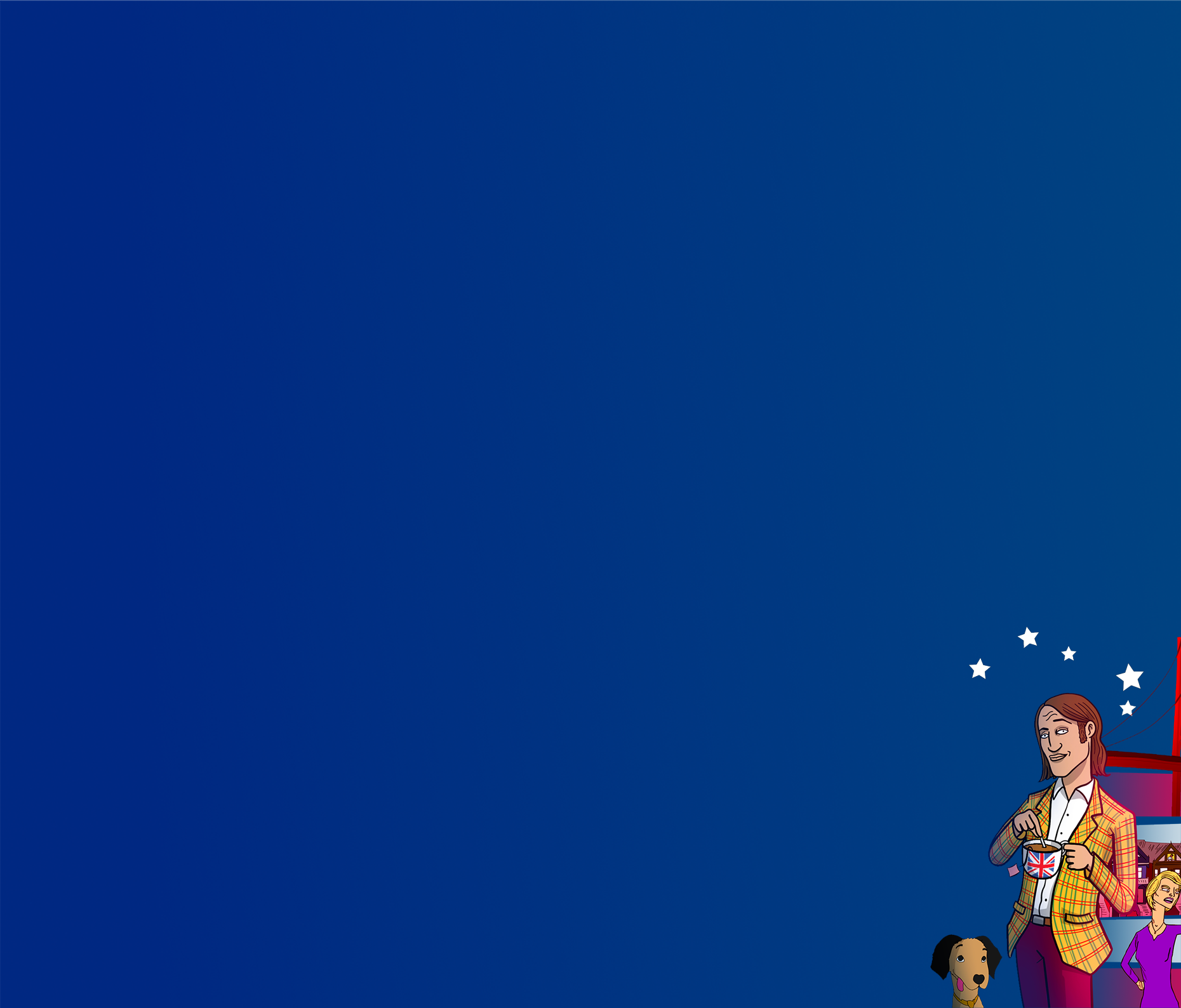The subjunctive preterit
The past subjunctive is used in the following type of constructions:
If I were you, I would talk to the manager.
It allows us to express a supposition, a wish, a desire (etc.), and is conjugated like the past simple, except for the verb to be:
Common constructions which use the past subjunctive:
• after if:
| I | were | (and not was) | |
| You | were | ||
| He | were | (and not was) | |
| We | were | ||
| You | were | ||
| They | were |
Common constructions which use the past subjunctive:
• after if:
If I were a rich man!
If I had more time, I would show you my office. (= If I'd more time, I'd show you my office.)
(would expresses the conditional)
(would expresses the conditional)
If she were my girlfriend, I would buy her roses every day.
• after the verb to wish, expressing a wish or regret:
I wish you were here. I regret the fact that you are not here.
Do you surf? - (No but) I wish I could. Do you surf? - (No but) I would love to surf.
• after would rather, expressing a preference:
I'd rather you came another time. I would prefer you to come another time.
Horatio would rather people didn't know about his test monkeys. Horatio would prefer people not to know about his test monkeys.
• after it's time:
It's about time Willy retired. It's time for Willy to retire.
It's high time that you and I had a chat about it.
Still facing difficulties with 'The subjunctive preterit'? Improve your English with Gymglish's English lessons - try our online English course for free now and receive a free level assessment!
What our users say:
Find out about other grammar rules. Improve your English further and test Gymglish, online English lessons.
Tips for learning 'The subjunctive preterit'? Share them with us!

